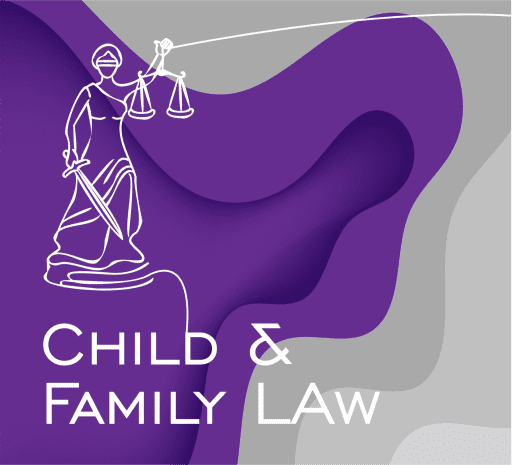If you are a father who is denied access to your children by their mother, you may feel frustrated and helpless. You have the right to be involved in your children’s lives, but how can you enforce it? In this article, I will explain the legal position of fathers in the UK, what parental responsibility means, and how you can secure your rights to see your child. I will also share some tips from my experience as a family lawyer who has helped many fathers turn things around and win custody of their children.
Parental Responsibility in the UK:
What is parental responsibility in the UK?
Parental responsibility is defined by the law as “all the rights, duties, powers, responsibilities and authority which by law a parent of a child has in relation to the child and the child’s property”. It gives a parent responsibility for making important decisions in the child’s life in relation to issues such as:
– which schools your child attends
– health and medical treatment
– religious upbringing
– holidays abroad and trips away with non- family members
– naming and changing a child’s name
It also gives a parent responsibility in making day-to-day decisions, such as where the child can go, who with and what they might eat.
Do fathers have parental responsibility in the UK?
All fathers in England and Wales who are either married to their child’s mother or have their name on their child’s birth certificate automatically have parental responsibility.
If you are not married to your child’s mother, or your name is not on the birth certificate, you will not have parental responsibility automatically. You can apply to the Courts for parental responsibility or come to an agreement and enter into a parental responsibility agreement with the mother. Before granting parental responsibility, the court will consider what is in the best interests of the child. They will look at things like the level of commitment you have demonstrated as a father so far, the attachment you have with your child, and your reasons for applying for an order.
Obtaining Parental Responsibility:
A parental responsibility agreement would be appropriate for:
– an unmarried father whose name is not on the birth certificate.
– a father who marries and wants parental responsibility for a new partner’s child.
Facilitating Contact After Divorce:
How can fathers see their children after a divorce or separation in the UK?
A father has just as much right to have contact with and care for their children as the mother. When separated, parents will ideally reach an agreement on co-parenting together. If you would like to play a greater role in the care of your children and you cannot reach an agreement with your ex, there are steps you can take.
Sometimes a carefully worded letter from a family lawyer, setting out your proposals will help your ex see your point of view. If this doesn’t work, mediation is an option. This is the process of sitting down with a neutral third party to discuss the situation and for each party to make their case in the hope that by talking openly about the issue, a solution can be found. If mediation fails, you can apply to the court for a child arrangements order.
This is a legal document that sets out the arrangements for when and how you can see your child. The court will always put the child’s welfare first and consider factors such as their wishes and feelings, their needs, their relationship with both parents, and any risk of harm. The court can order different types of contact, such as direct contact (face-to-face meetings), indirect contact (phone calls, letters, emails), or supervised contact (with a third party present).
Closing Thoughts:
I hope this article has given you some useful information on how to see your kids after a divorce or separation in the UK. If you need more help or advice, please contact me. I have successfully represented many fathers who were denied contact with their children and helped them get custody or regular access. I can do the same for you. Don’t give up on your children, they need you in their lives.



